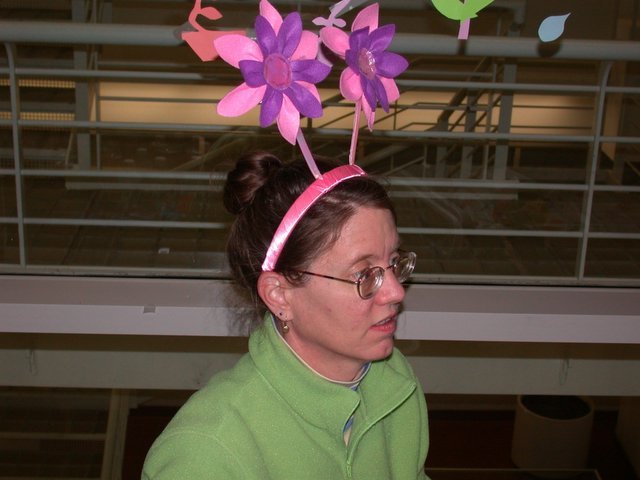Linda Musser just won a big award from
ELD. I am so happy. I used to work with her at Penn State and she is amazing. Incredibly smart, productive, organized, energetic. Did I also mention that she's very *practical*?! I could go on and on.
The ELD Awards Committee is pleased to announce that the 2006 Homer I. Bernhardt Distinguished Service Award will be presented to Linda R. Musser, Head of the Fletcher L. Byrom Earth and Mineral Sciences Library at the Pennsylvania State University. All nominations were incredibly strong this year. The committee cited as determining factors Linda's: inspirational, no-nonsense leadership to advance the profession; approachability, generosity, wisdom, and many other mentoring skills; prolific, extensive, significant, and practical collaborative record of scholarship including research, presentations, editorships, and publications; appointments to national and international committees or leadership teams; and last, but not least, lasting, far-reaching, and substantial contributions to ELD, other societies, the field of engineering and science librarianship, and beyond. "Linda is ... one of the people who helped establish the culture of ELD that we see today: a culture that is welcoming, knowledgeable, energetic, respectful of colleagues, and interested in the evolving mission and role of engineering librarians." Linda's nomination received a record number of support letters from ELD colleagues, former co-workers/mentees, Bernhardt honorees, and faculty from Penn State. One quote that best summarizes the views expressed in those letters and the committee's decision: "All of these factors lead to a greater appreciation of the positive impact that Linda has had on engineering librarianship."
